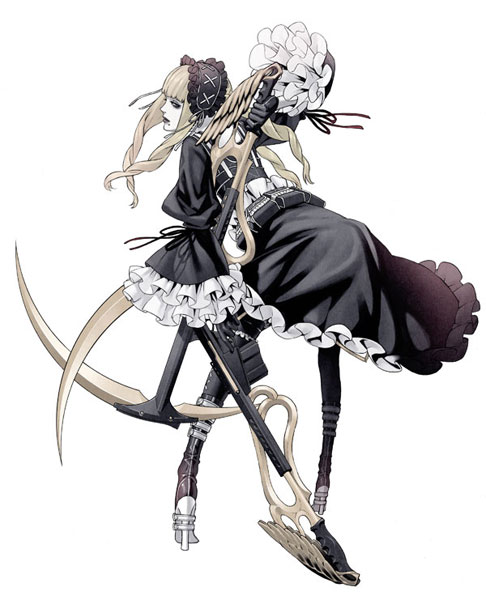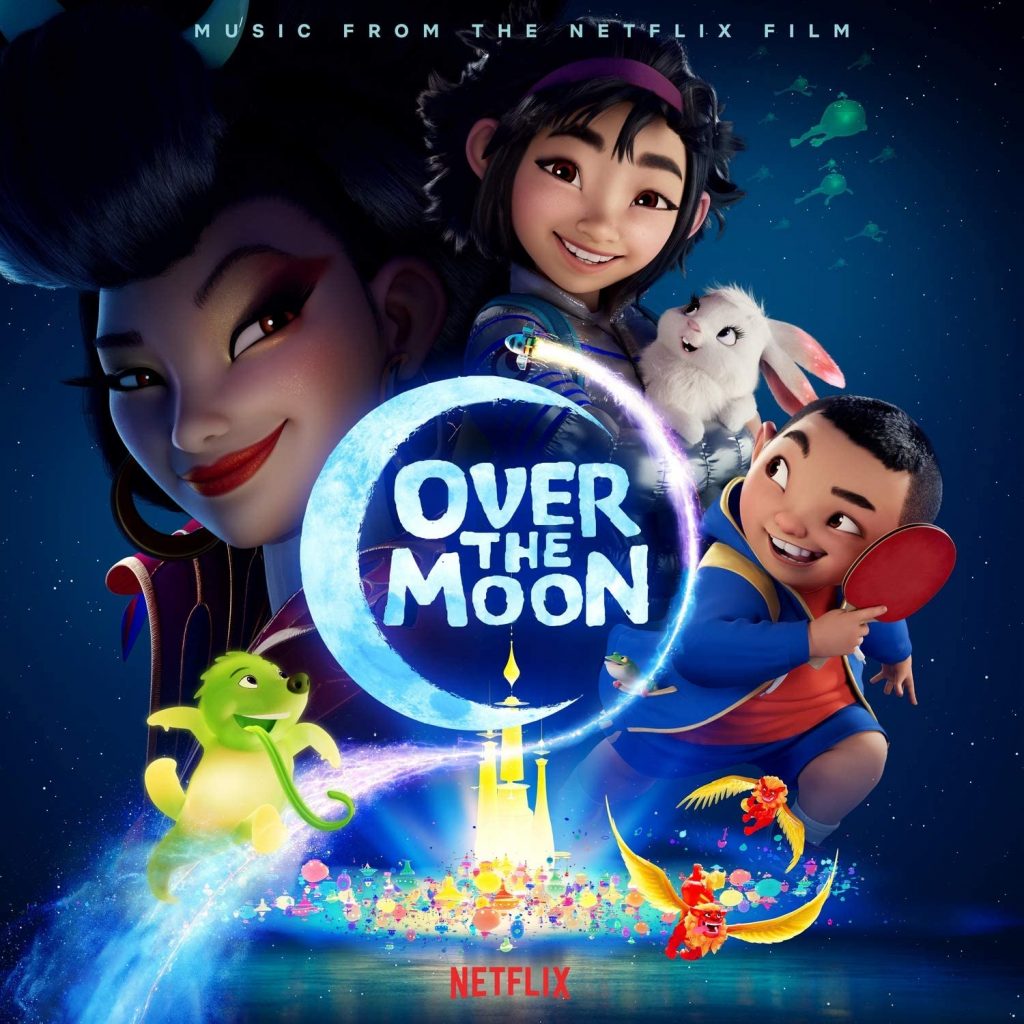

When Juan brings Chiron to the ocean to learn to swim, the viewer bobs along with the swells, caught between the air and the water as Chiron struggles to stay afloat.


But when Juan tells him he must decide who he wants to be and tells Chiron that he “can’t let nobody make that decision for you,” Chiron is centered among a mass of blue: furniture, curtains and the sky.Ĭinematographe r James Laxton’s camera glides through this dichotomously colored world, circling its subjects and furthering the sense of an unclear future with intermittent out-of-focus shots. His high school tormentor sports a blood-red shirt, and his mother is bathed in red light when she shouts Chiron down before shutting her door on him to turn a trick. The red, it seems, pervades when Chiron or those around him hew to how others define them and actualize stereotypes. The film is pervaded by a blue-and-red color scheme that gradually blurs as Chiron’s conception of himself matures. An unexpected call from an a dult Kevin (André Holland) cracks his new exterior, and he returns to Miami from his new home in Atlanta in search of closure and reconnection. His bond with Kevin comes to a climax that does not go unpunished, and this chapter ends as Chiron begins to take a stand.īut that stand isn’t for who he truly is rather, it’s the beginning of a closing-off and armoring of himself with the trappings of masculinity that he observed in Juan. His only confidants are drug dealer Juan (Mahershala Ali) and Juan’s girlfriend Teresa (Janelle Monáe), who provide for him when Paula cannot.Īs Chiron matures into a high schooler, he remains unsure of who he is and who he should be, even as his peers become surer that they should hate him. His home is no emotional haven, as the grip of addiction prevents his single mother Paula (Naomie Harris) from being there for him. Withdrawn and bullied, he is adrift and communicates his plight with a bowed head and cautious eyes. After a tussle with friend Kevin (played as a teenager by Jharrel Jerome), Chiron lies on his back, mouth open in the beginnings of a revelation. The film chronicles the childhood, youth and adulthood of a gay black man, Chiron, played respectively by Alex Hibbert, Ashton Sanders and Trevante Rhodes.Īs the centaur Chiron of Greek myth was a contradiction, this Chiron knows also he is different even from a young age. In what is shaping up to be his breakout picture, writer and director Barry Jenkins has adapted Tarell Alvin McCraney’s never-produced play, “In Moonlight Black Boys Look Blue” and woven in his experience growing up in Liberty City, Miami. 21, tells a familiar story with unfamiliar characters and uncommon understatement.


 0 kommentar(er)
0 kommentar(er)
